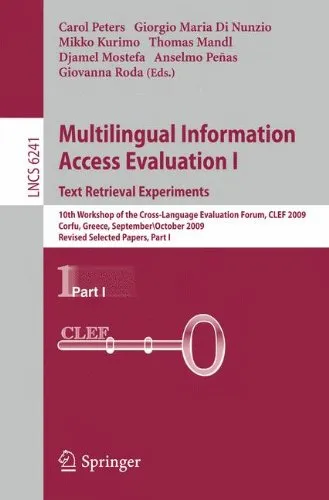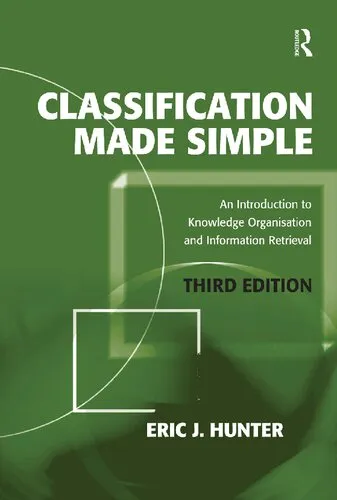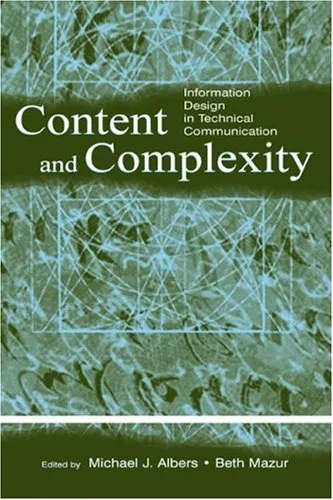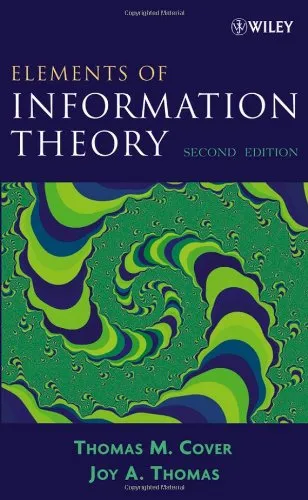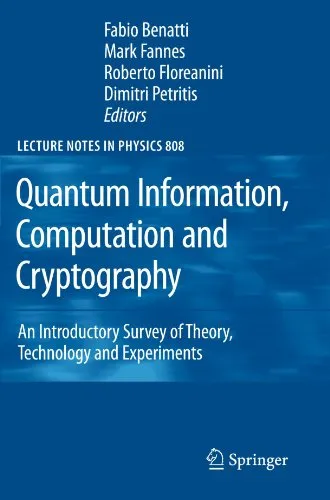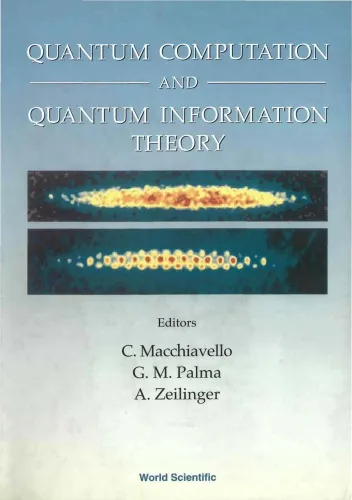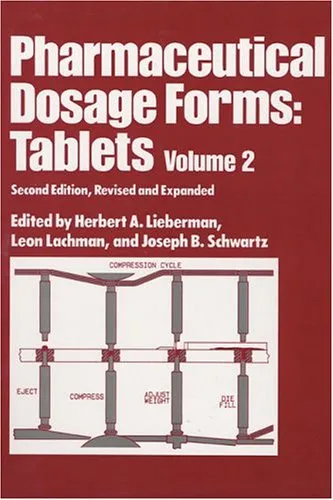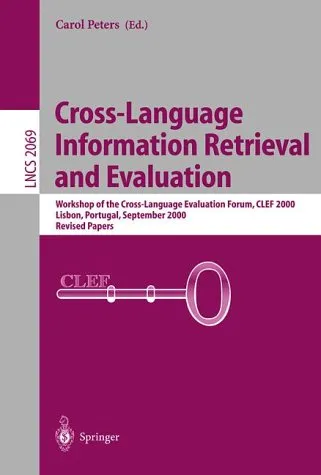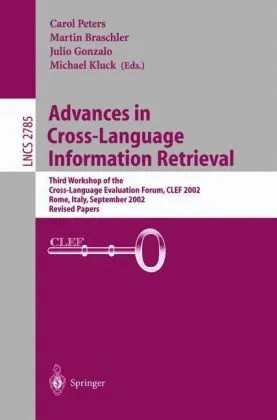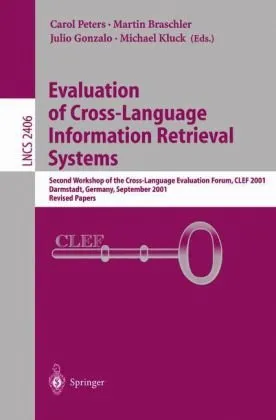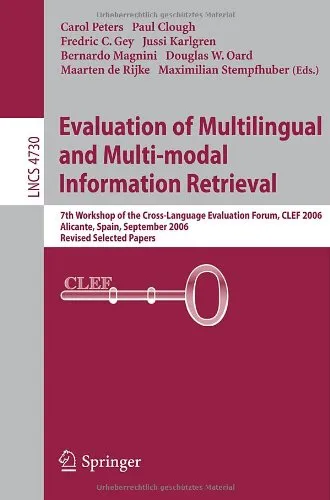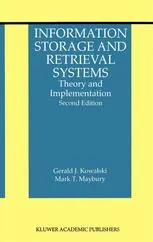Multilingual Information Access Evaluation I. Text Retrieval Experiments: 10th Workshop of the Cross-Language Evaluation Forum, CLEF 2009, Corfu, Greece, September 30 - October 2, 2009, Revised Selected Papers
4.5
Reviews from our users

You Can Ask your questions from this book's AI after Login
Each download or ask from book AI costs 2 points. To earn more free points, please visit the Points Guide Page and complete some valuable actions.Related Refrences:
Introduction to Multilingual Information Access Evaluation I. Text Retrieval Experiments
"Multilingual Information Access Evaluation I: Text Retrieval Experiments" is an essential resource for researchers and practitioners in the rapidly evolving field of multilingual information retrieval (MLIR) and cross-language information access (CLIA). This book encapsulates the rich proceedings of the 10th Workshop of the Cross-Language Evaluation Forum (CLEF), held in Corfu, Greece, from September 30 to October 2, 2009.
CLEF has served as a pivotal platform for advancing research in multilingual access and retrieval over the years, bringing together scholars, engineers, and policymakers to tackle the challenges of information access across languages. In this volume, we explore innovative techniques, frameworks, and shared tasks presented during CLEF 2009, with particular attention paid to text retrieval and evaluation challenges faced by the community.
This book’s multidisciplinary approach reflects how it unites ideas and advancements in language technology, machine learning, human-computer interaction, evaluation methodologies, and domain-specific applications. With over a decade of CLEF experience, this revised collection encapsulates the progress and lessons learned, offering a treasure trove of insights.
Detailed Summary of the Book
The book is divided into key sections, each touching on major developments in multilingual and cross-lingual information retrieval. The overarching goal is to evaluate systems on their effectiveness in retrieving and interpreting content across multiple languages. This includes shared tasks, such as ad hoc retrieval, question-answering, image-based retrieval, and speech-based retrieval. It places special emphasis on the design of innovative evaluation methodologies and how they can be employed to improve system designs.
A significant portion of the book is dedicated to experimental results obtained as part of the CLEF 2009 challenges, where participants compete and collaborate on multilingual datasets and benchmarks created specifically for the workshop. Detailed analyses of evaluation campaigns shed light on system performances, fostering reproducible research and insightful comparisons.
Aside from technical discussions, the book delves into high-level topics related to fairness in multilingual search, scalability for real-world applications, and how multilinguality intersects with emerging technologies like deep learning. The range of experiments covers well-resourced languages alongside under-resourced languages, making the book globally relevant.
Key Takeaways
- Understand the core challenges of building and evaluating multilingual retrieval systems.
- Gain insights into shared task results and how they shape future research directions.
- Learn about the role of evaluation frameworks and why they are critical for standardizing experiments.
- Discover strategies for improving information access in under-resourced languages and domains.
- Appreciate the collaboration between academia and industry, leading to innovative advancements in MLIR.
Famous Quotes from the Book
"In a world connected by diverse languages, effective multilingual information retrieval serves as the cornerstone for bridging gaps in knowledge and accessibility."
"The rigor and reproducibility of experimental evaluations in CLEF have set standards for global collaboration in cross-lingual information systems."
Why This Book Matters
This book is not just a record of the CLEF 2009 workshop, but a key contribution to the ongoing dialogue about how to make information universally accessible. With the increasing integration of machine translation, natural language processing (NLP), and search engines, multilingual information retrieval is more relevant than ever.
For researchers and practitioners, it offers a comprehensive review of where we stand and what needs to be done to ensure equitable access to online content regardless of one’s native language. For students, it serves as a primer on cross-language evaluation principles and methodologies. It also highlights the collaborative spirit of CLEF workshops, a unique forum where competition turns into collective progress.
As the demand for accessing digital content across languages continues to grow in diverse fields such as healthcare, education, and e-commerce, the principles and advancements documented in this book lay the groundwork for future breakthroughs.
Free Direct Download
You Can Download this book after Login
Accessing books through legal platforms and public libraries not only supports the rights of authors and publishers but also contributes to the sustainability of reading culture. Before downloading, please take a moment to consider these options.
Find this book on other platforms:
WorldCat helps you find books in libraries worldwide.
See ratings, reviews, and discussions on Goodreads.
Find and buy rare or used books on AbeBooks.
1213
بازدید4.5
امتیاز0
نظر98%
رضایتReviews:
4.5
Based on 0 users review
Questions & Answers
Ask questions about this book or help others by answering
No questions yet. Be the first to ask!
